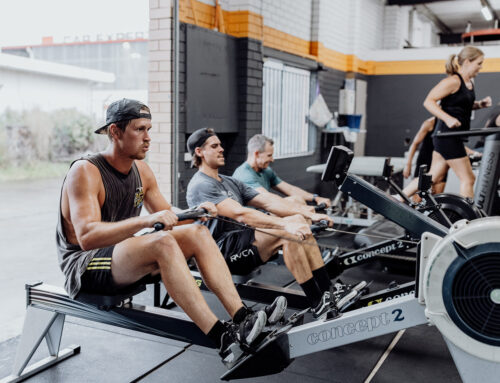The past year-plus has been challenging for our mental health, that’s for certain.
With events in the media, quarantining and following guidelines, working from home, and homeschooling, it’s been a struggle for many of us.
Mental Health is making its way to the light as the numbers of those struggling with some form are skyrocketing.
Mental Health Awareness is designated to draw attention to and educate the public about mental health. There’s a negative stigma towards mental health illnesses, but in all reality 1 in 4 Americans is suffering from mental illness and the numbers keep climbing despite ⅔ of people never seeking help. This month is about working to reduce that stigma and misconceptions about mental illness through education, events, and providing services.
Mental health is the state of our emotional, psychological and social well-being. Our mental health can be determined by biological factors, family history, and life experiences. It affects how we think, feel and act, how we handle stress and how we relate to others.
A direct correlation has been established between people struggling with the most common conditions, depression and anxiety, and their physical fitness. During Mental Health Awareness Month, America shines a light on many of those factors: diet, exercise, sleep, stress, and the gut-brain connection.
If you’re struggling with anxiety or depression we implore you to do an internal investigation of these factors during this month. Introduce just twenty minutes of exercise daily or look closer at your nutrition and see if a change in your physical health helps your mental health. And if you’re a parent think about these factors with your child as well. Parents have a tough job ensuring over the well-being of themselves and their children are on track.
Through every stage of life, mental health is being nurtured or neglected. It can be hard to recognize in yourself or others, but if there’s ever a question there are resources available to discuss. It’s important to stress that people with mental health issues can get better and even recover.
What steps are you taking to protect your mental health?
Get Active






